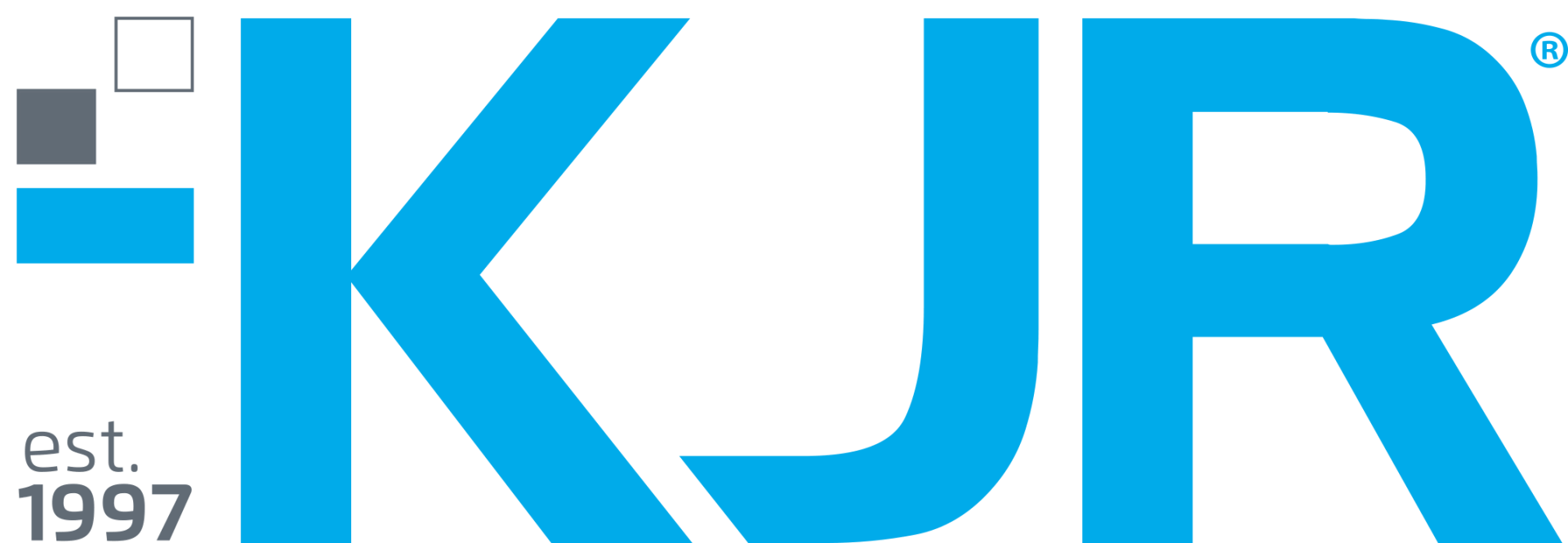Data Quality Assurance: The Future of IoT and AIML Development
Data quality assurance plays an important role in the future of our urban living and is one that seems built and supported by layers of smart devices. From autonomous vehicles capable of self-navigation, an augmentable home security from the convenience of our mobile phones, and the elevation of services as a key contribution to our quality of life, there’s the sense that this quickly encroaching state of the future happens as a technological mosaic as disparate applications seek to find congruence in a cohesive network of connected devices.
The Internet of Things phenom, and its sibling technologies in artificial intelligence-machine learning (AIML) development, have emerged as foundational building blocks for how realistic this vision can be. As we seek to proliferate devices throughout more of the functions that support societal life, though, it’s inevitable that hurdles emerge in the challenge of upward progress – attack surfaces only increase as the boundaries of what we consider accessible continue to enlarge, and the exponential explosion of raw data makes its collection an insecure and titanic task.
The advent of mainstream AI usage likewise has its conundrums, as fundamental questions of data quality assurance and its need for objective development have raised roadblocks to nonpartisan, widespread application.
The need to secure these processes into reliable, culturally appropriate avenues of accepted use is an urgent agenda in this vein of thought, and unavoidable in a digital world where data is currency. What key considerations need illuminating for progress’ sake?
Data Integrity and Data Quality Assurance
The digital integration of bases that are foundational to human life – such as social media, hybrid work environments, and financial platformisation – have become a benchmark for the migration of our collective behaviours into virtual spaces, a trend that has long since forecasted the downfall of traditional, offline sources of media and content as the predominant formats that preoccupy our interests, workflow economy and relations to one another.
This increase in online traffic mainstages the fact that our collective data output holds immense value in nearly every economic sector. Big Data’s potential to offer behavioural insight, customise information interpretation to maximum effect, and individualise marketing targets to atomic levels exists. However, without its collateral ‘exhaust’, byproduct streams of data that don’t offer meaningful insight are rather simple breadcrumbs left in the wake of our online browsing habits.
How do we distinguish usable data from the noise? The amount of information we generate is overwhelming, and can only increase as new means of digitisation appear. To leverage this information in the most beneficial way possible, data quality assurance will become indispensable.
Governance Over Big Data
Ensuring this data has utility is only part of the challenge, though. Its security in the right hands is arguably just as important, for the sake of management that doesn’t democratise information in a way that induces risk, misuse or a loss of some type.
Making sure that key decision-makers have clearance over the data they need makes for business approaches that are operationally ergonomic – whether that’s informing marketing strategies, or keeping day to day costs low for businesses, national systems and government departments.
Data Quality Assurance – AI Assurance
The practicality of innovative tools for strong data management becomes an emergent property in this conversation, as we look toward optimising this increase in our data workload. The placement of AI-augmented work posits opportunities in efficiency where automating tasks, condensing hard skills and developing pattern recognition become realistic, pleading the case for human-machine teaming as a revolution in productivity.
Just as the data we examine needs to be audited for its efficacy, though, so too is AI in need of the same rigour for its judgement to become trustworthy. Given the nature of AI and its reliance on data to output judgement, whether this data contains biases or flaws makes its capacity to perform skewed, and unethical as a result.
The infancy of research into AI systems also broods questions as to whether it’s foundationally sound, placing frameworks of assurance as a crucial means of determining how valid these tools are. At its core, its ability to function without incident is a necessary crux to overcome for long-term, economical use to exist.
Human-Machine Collaboration – The West Yalanji Project
Success in automation, and its functional application to large-scale operations, turns our eyes toward the end goal of solving real world issues in a novel way.
KJR’s work in documenting cultural artefacts alongside the West Yalanji Aboriginal Corporation points to a systematic partnership with a strong set of bones, and projects what could be if AI influences extend to realms of organisation, administration and urbanisation when contemplating smart cities.
Data collection is the focal point here, in the case of the West Yalanji project, building a database of declining cultural assets, and employing software to recognise niches in rock art delineated by age, composition and cultural relevance. Mapping these locations, as a supercedent of human labour, allows archiving of where these artefacts exist – and augments human capability to extend beyond itself, a feat in operations otherwise unachievable alone.
Data governance holds a high level of significance, particularly in the navigation of sovereignty of data. It is vital to have access to professionals who have expertise in data governance, management and assurance working alongside subject matter experts, in this case Traditional Owners (TO’s), to ensure the appropriate leverage of the technology for a wider societal, cultural, communicty and organisational benefit.
As our Chief Technology Officer, Dr. Mark Pedersen, puts it: “At the forefront of responsible data governance lies the role of data custodians. This project is a shining example of how rich cultural data can be appropriately managed, including access permissions and utilisation, under the careful guidance of its custodians the Western Yalanji elders who possess invaluable knowledge on how their data can be used for meaningful community impact. Technologists and scientists must be entrusted to govern and manage this data responsibly, with the custodians’ expert guidance. This framework should serve as a model for all industries and sectors to ensure ethical and responsible use of AI-ML, and is how KJR seeks to build trust in this technology.”
Final Takeaways
Whether or not these considerations are conclusive remains to be seen, as the speed of innovation continues to outpace humanity’s sociologic assessment of its place in the world. Regardless of their benefit, it’s undeniable that our future lies in coexistence with AI-related tools, and maintains a critical grasp on how society aims to adapt to its digitally changing environment.
For more on our work, check out KJR’s projects, and reach out to our experts today for your digital solutions!








